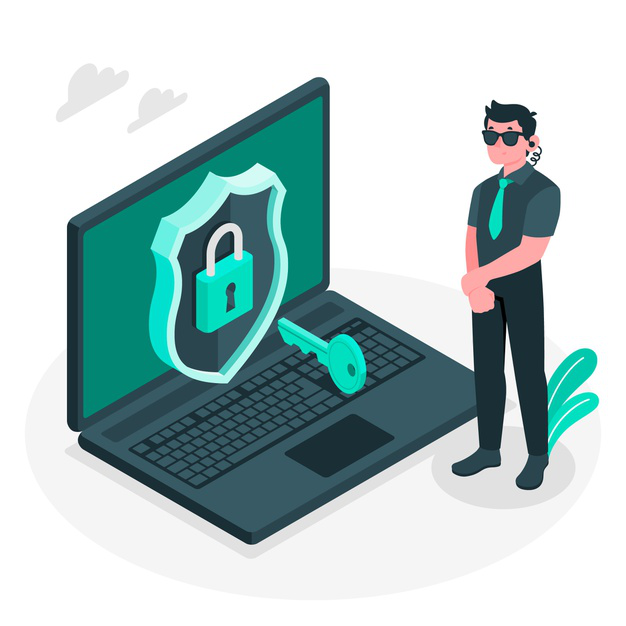Why a Website Virus Scanner is Vital for your Website Security?
If you run a business website, then using a website virus scanner should be just one of a range of precautions you take to protect your website. The cost of the subscription will almost certainly be far less than the cost of unscheduled downtime and reputational damage. With that in mind, here is a quick guide to the basics of keeping your website safe.
6 Best Website Virus Scanner Guide:
1. Make security a part of every decision
These days any and every decision you take about your website should have security as the top priority. This should then be followed by functionality and only then should aesthetics be a consideration. Quite bluntly, if implementing effective website security is outside your budget, then postpone what you want to do until you can afford it.
2. Security starts with your domain
When you buy or renew a domain, make sure that you activate all privacy options, even if you have to pay for them. Also, put a lock on your domain so that important actions, like transfers, need additional verification.

Last, but not least, put a note in your calendar to renew your domain when it expires. Your domain registrar (or host) will generally message you about this, but these messages can easily wind up in your junk mail folder, so it's advisable to have a plan B.
Separately, but for completeness, your domain can be hijacked through DNS attacks. These can be very hard to detect, so it's recommended to have a process of regularly pinging an IP address you know you don't use. You want to see it come back unresolved. If, however, it does come back resolved, at least you know what the problem is and can take steps to resolve it.
3. Your hosting solution plays an integral role in your overall security
If you're self-hosting then you need to make sure that you are well-informed on server security. Be very aware that cyber attackers are increasingly willing to attack hard targets such as the average server because they hold valuable data. If you're using a third-party hosting service, then you need to check their track record on security, uptime, page-load speed, technical support, and customer service. These are all far more important than the headline price.
Similarly, think carefully about the practical differences between using a dedicated server versus using some kind of sharing arrangement. With a dedicated server, you are in full control and you can extend some of that control to third-party vendors such as managed IT security companies.
With shared servers, you have to work within the constraints of the sharing arrangement. You can still have third-party vendors undertake work on your behalf, but they may be more limited in what they can do. You also have to make sure to nail down file and directory permissions to ensure that your site is not compromised by someone else's lack of security.
4. It's important to invest in a robust website virus scanner
The twin pillars of your website's security are a website virus scanner and a web applications firewall. Generally, the most cost-effective way to get these is to sign up for a website vulnerability scanning service. Different vendors will have their take on these, but any decent service will include both a website virus scanner and a web applications firewall.
You might also want to consider signing up for a DDoS mitigation service. These are broadly similar to firewalls, but they are specifically optimized for DDoS attacks and only come into operation when a DDoS attack is detected. They can provide invaluable extra support in situations where the sheer volume of traffic could overwhelm your firewall by itself.
5. Invest in protection for your servers, computers and mobile devices too
If you're running your own servers, then you absolutely must invest in top-quality security software for them, especially an anti-malware scanner and a firewall. If you're not, make sure you choose every server-security option your host offers (unless you have a very good reason not to).
You must also make sure that your local computers and mobile devices have an anti-malware scanner and a firewall as they can be targeted for login credentials. If you have remote and/or mobile users, then a VPN solution can also be a very good investment.
6. Always stick to all-round security best practices
Remember that security products are meant to be layered on top of all-around security best practices, not as a replacement for them. In particular, you still need to make sure that your software is chosen carefully and always kept updated and that your users are also vetted, managed, and monitored.
Please click here now to have your website scanned, for free, by cWatch from Comodo.





